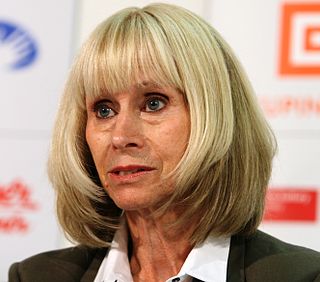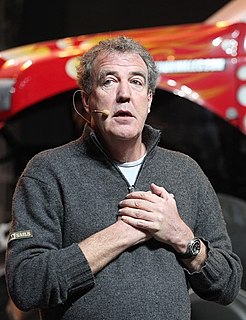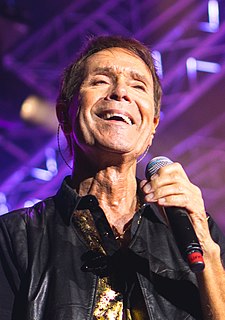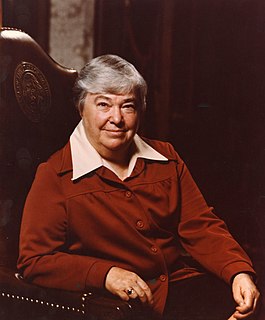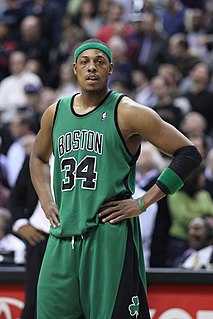A Quote by Andy Murray
Owning a property is great as that's my base and the centre of my family life.
Related Quotes
Whereas the property-owning middle class could win freedom for themselves on the basis of rights to property--thus excluding others from the freedom they gain--the property-less working class possess nothing but their title as human beings. Thus they can liberate themselves only by liberating all humanity.
Property is, after all, a social convention, an agreement about someone's exclusive right to use a thing in specified ways. However, we seem to have forgotten this. We seem to think that property belongs to us in some essential way, that it is of us. We seem to think that our property is part of ourselves, and that by owning it we therefore make ourselves more, larger, greater.
The navel region is the centre of the vital. It is from here that the movements of the vital rise upward. Above the navel and behind the chest is the centre of the play of emotions and below this takes place the play of the physical. Mul?dh?ra is the base of the physical. In between the Mul?dh?ra and the navel, there is another centre of the vital.
It is not the right of property which is protected, but the right to property. Property, per se, has no rights; but the individual - the man - has three great rights, equally sacred from arbitrary interference: the right to his life, the right to his liberty, the right to his property The three rights are so bound together as to be essentially one right. To give a man his life but to deny him his liberty, is to take from him all that makes his life worth living. To give him his liberty but take from him the property which is the fruit and badge of his liberty is to still leave him a slave.
The family of Dashwood had long been settled in Sussex. Their estate was large, and their residence was at Norland Park, in the centre of their property, where, for many generations, they had lived in so respectable a manner as to engage the general good opinion of their surrounding acquaintance. The late owner of this estate was a single man, who lived to a very advanced age, and who for many years of his life, had a constant companion and housekeeper in his sister.
Monopolistic capitalism is to blame for this; it sunders the right to own property from responsibility that owning property involves. Those who own only a few stocks have no practical control of any industry. They vote by postcard proxy, but they have rarely even seen "their" company. The two elements which ought to be inextricably joined in any true conception of private property - ownership and responsibility - are separated. Those who own do not manage; those who manage; those who manage and work do not control or own.
Under fascism, citizens retain the responsibilities of owning property, without freedom to act and without any of the advantages of ownership. Under socialism, government officials acquire all the advantages of ownership, without any of the responsibilities, since they do not hold title to the property, but merely the right to use it -- at least until the next purge. In either case, the government officials hold the economic, political and legal power of life or death over the citizens.

